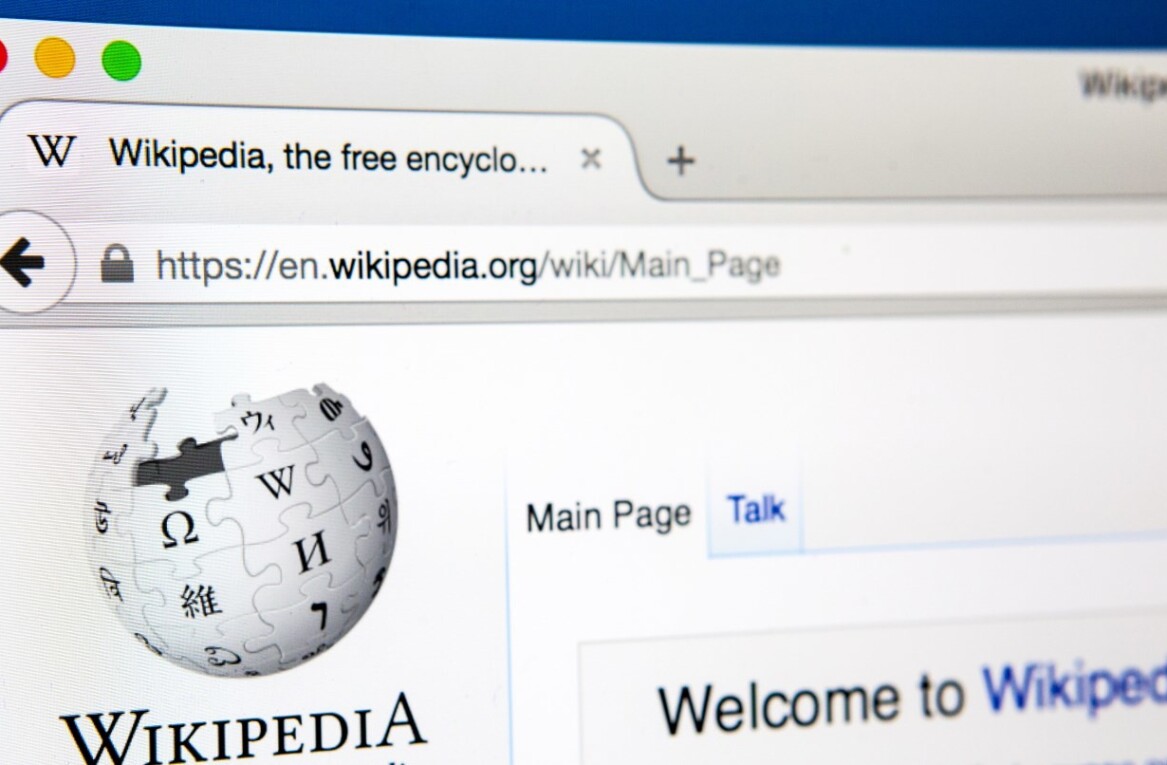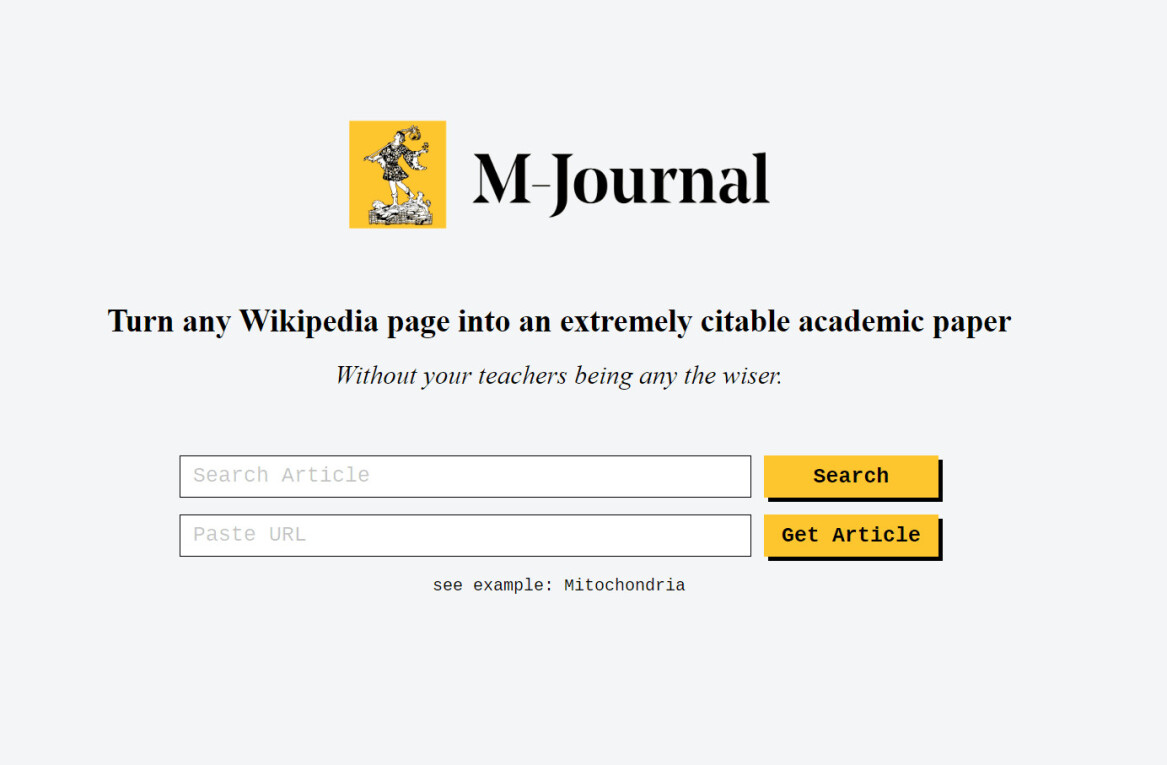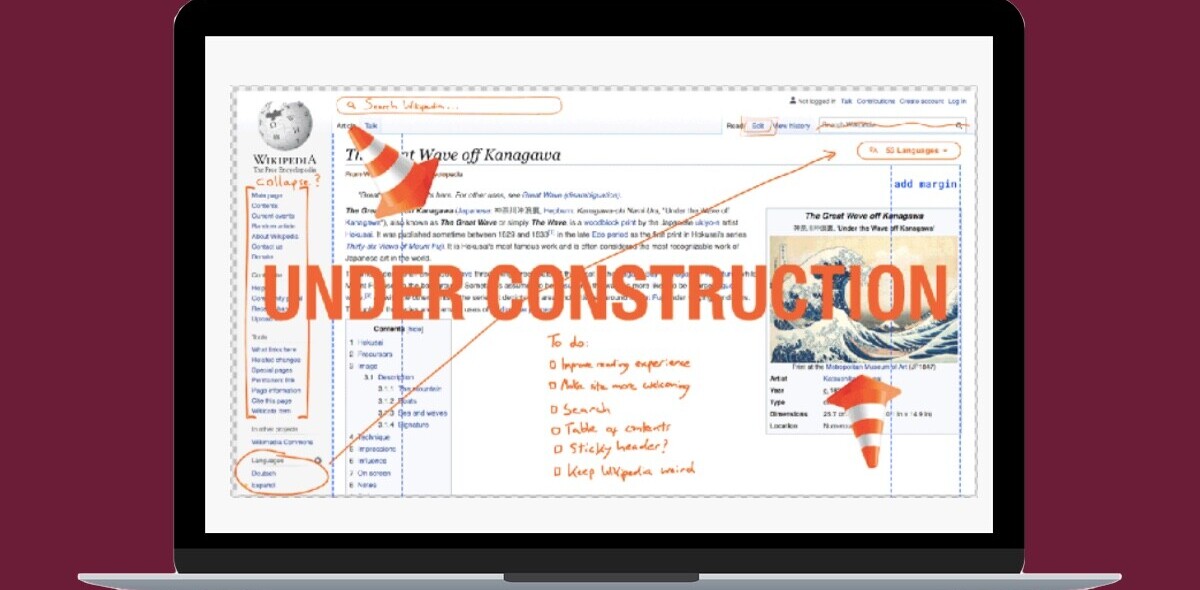
Reuters has just published research that shows that consumers who rely on Wikipedia for information on medications are putting themselves at risk of potentially harmful drug interactions and adverse effects. Earlier today I wrote about research by Microsoft about Cyberchondria and then I suddenly remembered this post I had written a while ago on my personal blog titled “Would you trust WikiPedia with your life?“. I think it is still a valid point so I decided to simply copy paste it here:
Would you trust WikiPedia with your life?
WikiPedia is cool and I use it several times a week. Still, the discussion regarding the quality of the information offered is far from over as far as I’m concerned. I recently read Everything is Miscellaneous by David Weinberger which is an incredibily inspiring book. In his book Weinberger quotes (original article) Robert McHenry who is a former Editor in Chief of the Encyclopedia Britannica:
“The user who visits Wikipedia to learn about some subject, to confirm some matter of fact, is rather in the position of a visitor to a public restroom. It may be obviously dirty, so that he knows to exercise great care, or it may seem fairly clean, so that he may be lulled into a false sense of security. What he certainly does not know is who has used the facilities before him.”
It is easy to dismiss this quote because of the background of this writer and most people do. As a former editor of Encyclopedia Britannica it is only logical to question his motives. Sure he doesn’t like WikiPedia!
But I’m not interested in questioning his motives. I’m interested in his argument. In fact, I’m inclined to agree with his point, although I don’t necessarily want to dismiss WikiPedia based on it.
Weinberger and every other WikiPedia enthusiast (including me) have always pointed out that although some articles on WikiPedia might not be completely correct they always end up getting better as time passes and informed people correct mistakes and fill in the blanks at incomplete articles. And if a mistake would be made (on purpose or by accident) it would eventually be fixed by other people who recognise it as such.
This is something you take into account as you browse WikiPedia and it is considered a minor nuisance. I don’t think it is a minor nuisance though. I think it undermines the whole system.
A friend of mine changed 20 lesser known diseases on WikiPedia from benign to malignant. People visiting those pages will be misinformed and that will greatly impact their lives. If only for a few hours. Yes, some articles were changed within minutes but some are still not updated. And even if they are updated within minutes it is still possible that a few visitors read those pages during those few minutes that the information was wrong.
Now I have some good news and bad news.
The good news is that I made this up. No friend of mine changed any diseases on Wikipedia. At least, not that I know of.
And that is the bad news. How can we ever trust WikiPedia? How can you know that the information on the page you visit hasn’t been changed by information terrorists (or simply misinformed people) a few seconds ago? You should at least monitor the information on the page you read for a few days before you can trust it a little bit more, and check the information on other services like Answers.com or, well, the Encyclopedia Britannica.
Some of the information on Wikipedia may be wrong some of the time and we will have to work on a mechanism to make sure we know which parts are undisputed and can be trusted.
Until then, make sure you wash your hands, very carefully, on your way out.
Get the TNW newsletter
Get the most important tech news in your inbox each week.





